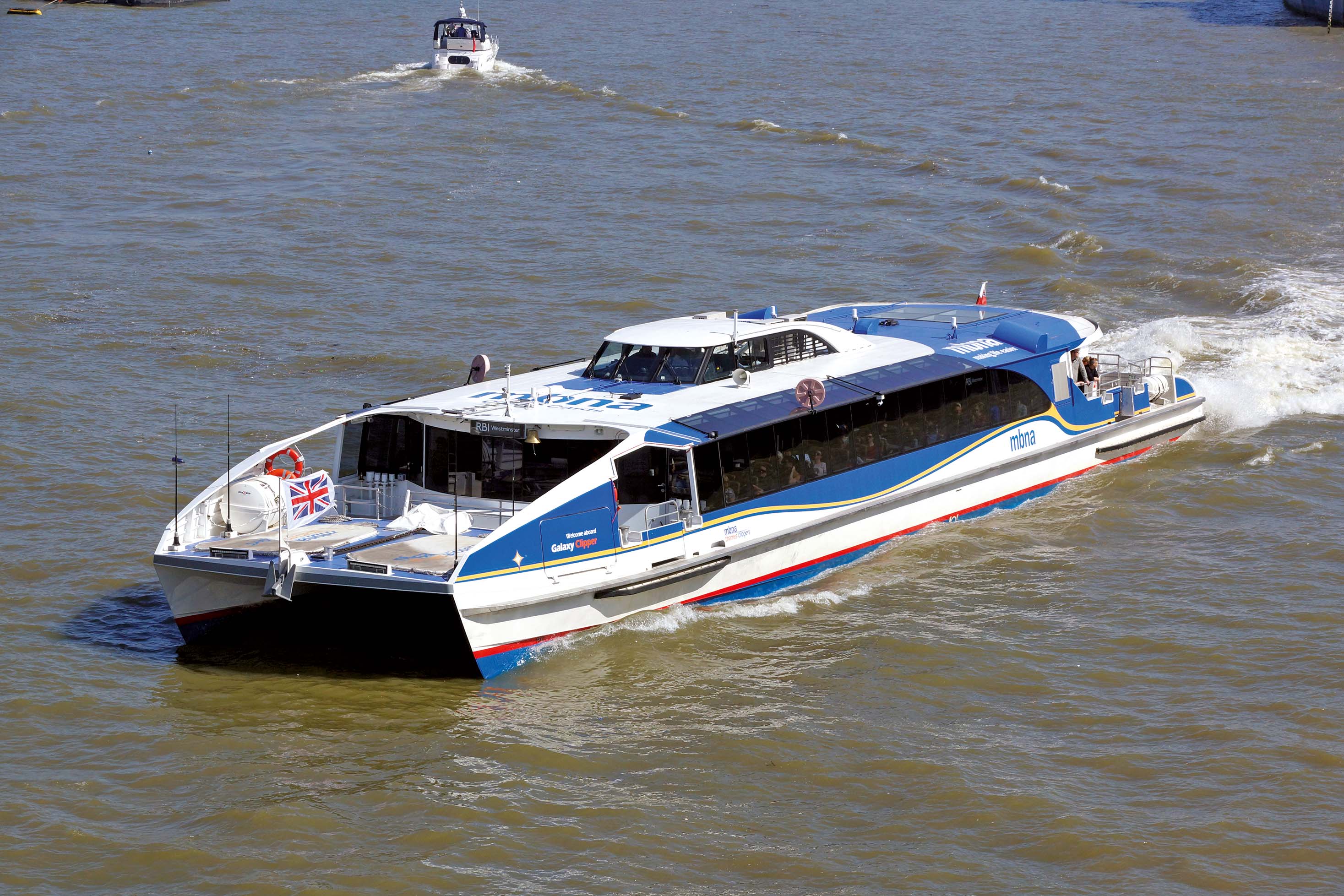Do you have a passion for national and international laws and regulations? If so, a future career in international freight forwarding seems like the perfect fit. With customs and regulations constantly changing, this industry is always in need of up-and-coming individuals to take control. Read on to discover why this apprenticeship could benefit you.
What Does the Role Consist of?
As an international freight forwarding specialist, your role will consist of many different aspects so you’ll gain large amounts of knowledge that can be used throughout your future career. Ranging from customs procedures to terms of trade this role is a fantastic way to begin in the business industry.
A large portion of the role will be building relationships nationally and internationally with clients showcasing your customer service skills. Your role will require you to look after international supply chains and ensure that they are fully secure, efficient, and compliant with current regulations. Being an international freight forwarder is extremely rewarding as you get to see the process from start to finish and take responsibility for goods and transport.
Entry Requirements for Level 3 International Freight Forwarding
Entry requirements are typically set by employers, so can differ from business to business. Ideally, a Level 2 in English and Maths will have been achieved prior to the course. However, there is the option to complete these during your apprenticeship, and if you think more time will be needed to complete these please factor it into your studying.
Key Skills and Responsibilities
You will learn the rules of customs, import and export laws, and regulations from industry experts. Becoming a specialist will mean you are responsible for a variety of tasks daily such as shipment bookings, creating the appropriate documents, communication with carriers, and sales quotes. Also, as an international freight forwarder, you will develop specific skills around the classification of goods and relevant paper and electronic documentation, which are transferable skills that can be utilised in many industries. Another invaluable skill is customer service, which you will continue to establish throughout the apprenticeship.
Level 3 International Freight Forwarding Core Behaviours
You will be required to adhere to your job role while meeting several core behaviours, these include:
- Shows entrepreneurial skills.
- The individual is proactive.
- Highly organised, careful and diligent in data entry and written work.
- Seeks to learn from experienced colleagues and team members.
- Is open to feedback on work performance.
- Seeks to build respect among colleagues and team members.
- Demonstrates teamwork throughout the job role.
- Communicates accurately and effectively with colleagues and customers.
- Is a good listener.
You will gain the core knowledge and skills in freight forwarding as seen above, which will then lead to you choosing one of three pathways. In the chosen pathway you will gain further knowledge and skills to help advance your career. The three pathways are air freight, ocean freight, and road freight, you will only continue with one of these which will lead to the end of your apprenticeship.

Finally, this International Freight Forwarding Specialist apprenticeship is a unique program, providing you with an excellent balance of on and off-the-job learning. The course will run for 18 months and then you’ll complete an end-point assessment. By completing this apprenticeship, you will have the opportunity to progress to higher levels of learning throughout your professional career.
Conclusion
Overall, this level 3 international freight forwarding apprenticeship is a fantastic way to get started in the international business sector. Gaining invaluable knowledge such as transport requirements, invoicing, financial procedures, and much more will lead to you becoming a successful international freight forwarding specialist.
Don’t miss out on this amazing opportunity to earn while you learn.
To discover our most recent blog posts, click here.
























